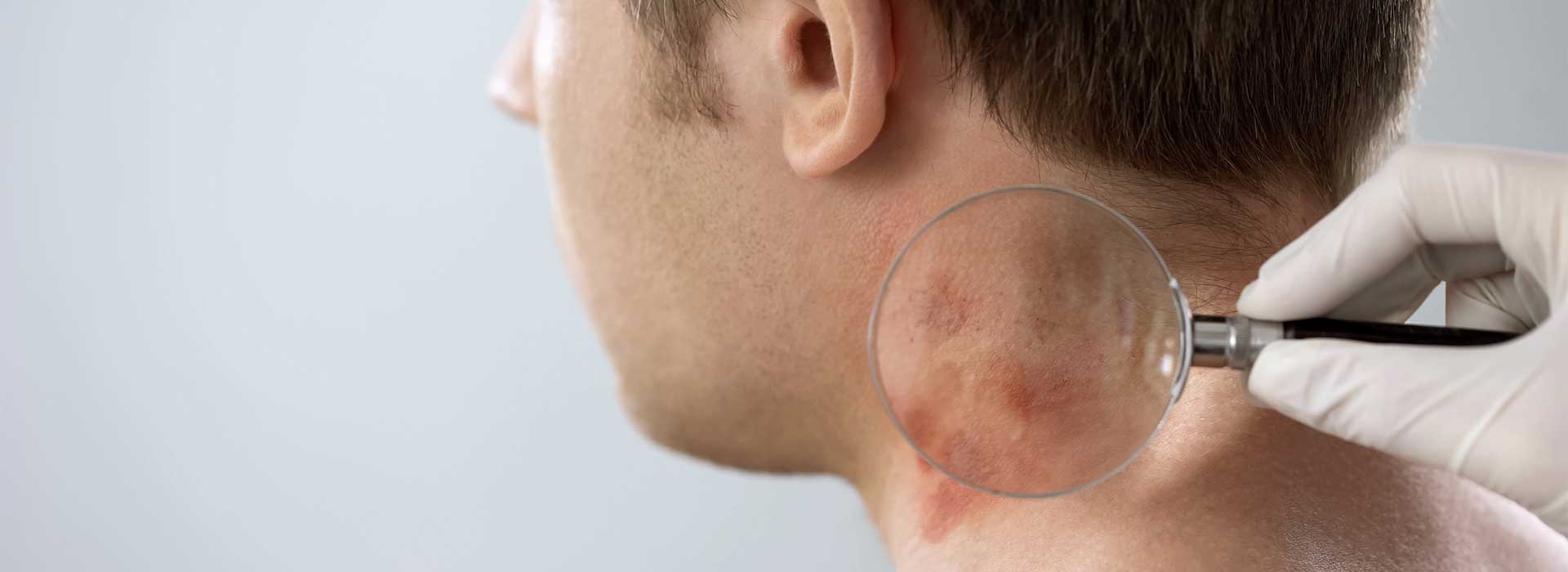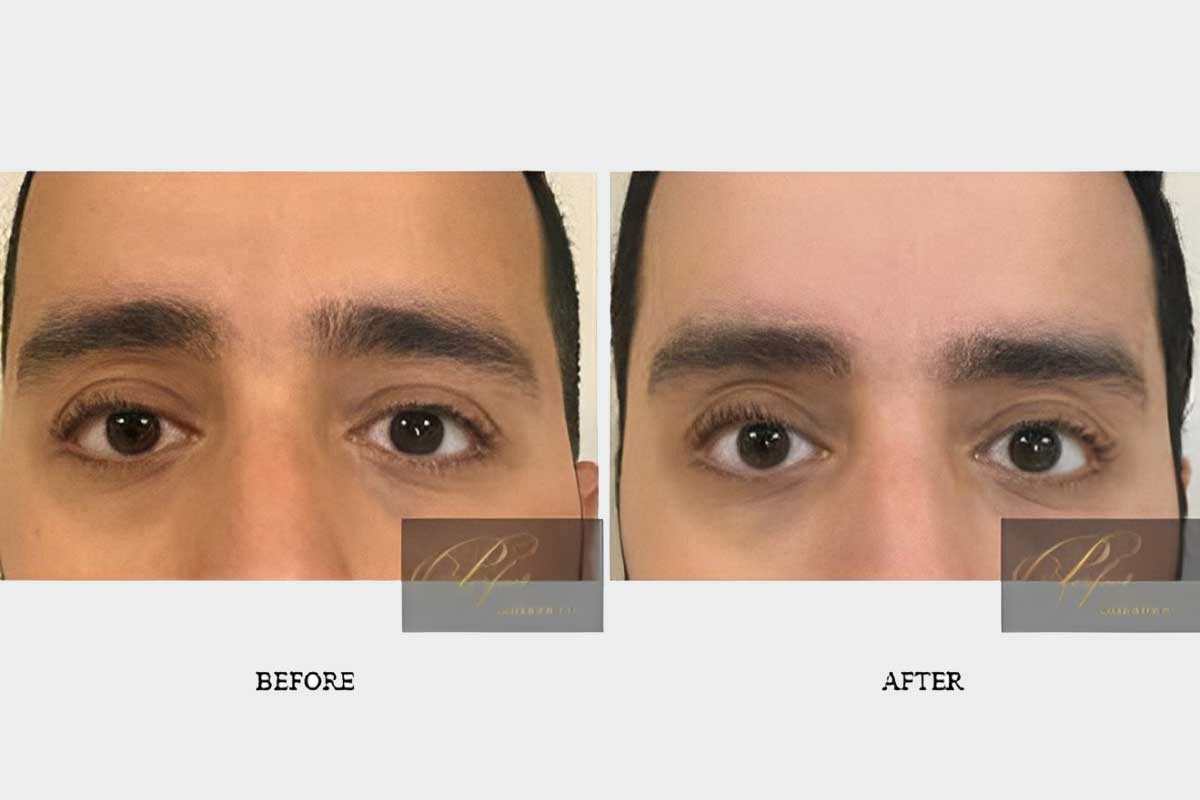Rash is an umbrella term that encompasses virtually any skin eruption. There are many types of rashes with varying causes and treatments. Dr. Susan Schroeder begins with an evaluation to determine the cause of the problem and then recommends the best solution.
Why Self-diagnosing Skin Rashes is Difficult
You skin condition might look just like the eczema breakout your co-worker had last month, or it might match a photo of a poison ivy rash that you found online. Yet, it could be something else entirely. Unrelated rashes can have quite similar symptoms. Additionally, more uncommon conditions are rarely discussed on patient education websites. It takes the trained eye of a board-certified dermatologist, and sometimes diagnostic tests, to pinpoint the problem.
When to See a Dermatologist
Most rashes don’t pose an immediate, serious health risk, and most are temporary. If you are not sure what your rash is, be cautious with retail products. An all-purpose anti-itch cream might be fine, but a condition-specific product used incorrectly could worsen your condition.
If the Rash is Severe or Persistent, You Should See a Board-certified Dermatologist for Medical Treatment. Signs that it’s time to call us include:
- Infection – This may happen with aggressive scratching and may be characterized by pain, drainage, swelling, unpleasant odor, and general worsening of the rash. The infection may be a secondary skin condition, but it can be more serious than the actual rash.
- Pain – Pain is more concerning than itch and should be medically evaluated.
- Blisters or open sores – This might be a symptom of an infection, an allergic reaction, or a compromise of the skin barrier. It may also be caused by an underlying more severe systemic disease.
- Rapid progression – If the rash appears suddenly or spreads quickly, it may be a sign of a serious allergic reaction and needs prompt evaluation.
- Additional symptoms – Fever or other non-skin symptoms along with a rash may be a sign of infection, allergies, or other serious medical conditions.
- Whole-body rash – If the rash covers you head-to-toe, you need to be evaluated.
- Persistent rash or unbearable symptoms – If the rash doesn’t fade within a few days, or if discomfort and cosmetic concerns interfere with your life, it’s wise to reach out for care.



